Earth news stories

Once just an obscure island dialect of an African Bantu tongue, Swahili has evolved into Africa’s most internationally recognized language. It is peer to the few languages of the world that boast over 200 million users.
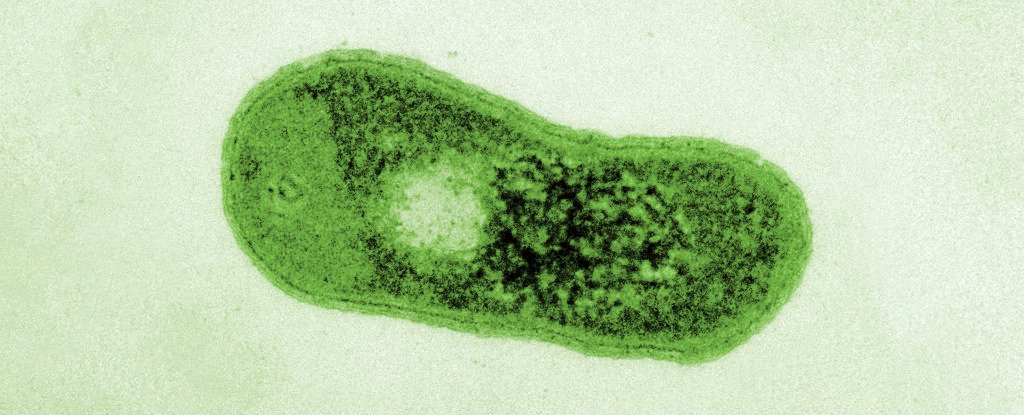
Photosynthesis quite literally changed our world. Plants ‘eating’ sunlight and ‘breathing out’ oxygen transformed Earth’s entire atmosphere into the one we now breathe, and fuel our ecosystems with energy.
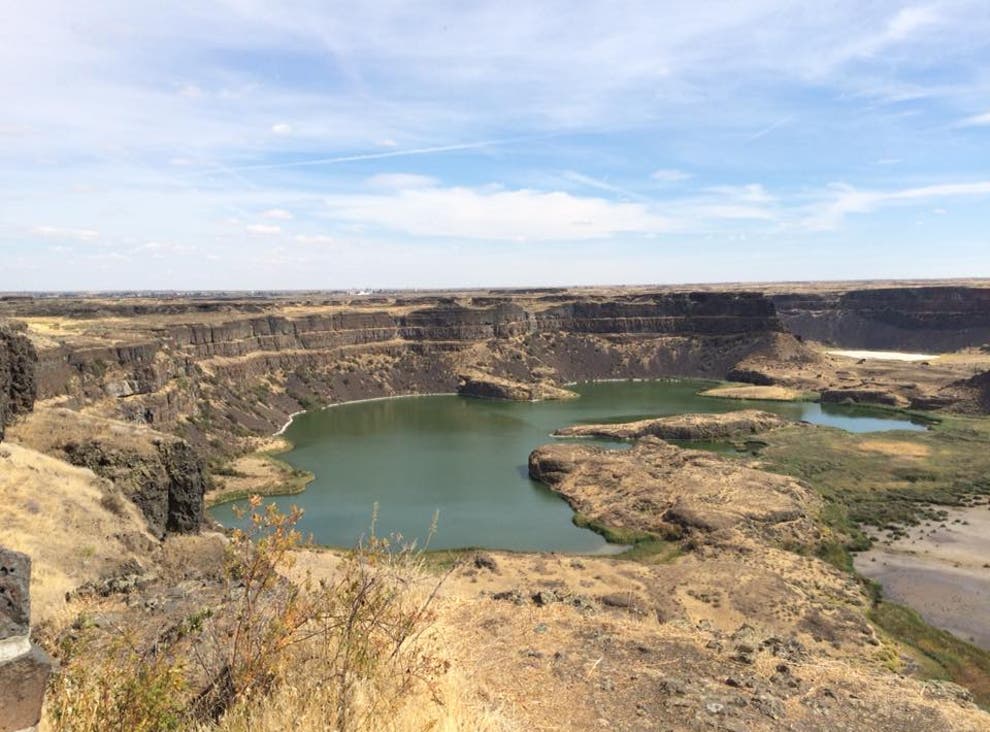
Retreating ice at the end of the last ice age created bewildering landscape of gulleys, plateaus and dry waterfalls which have long puzzled geologists studying their formation
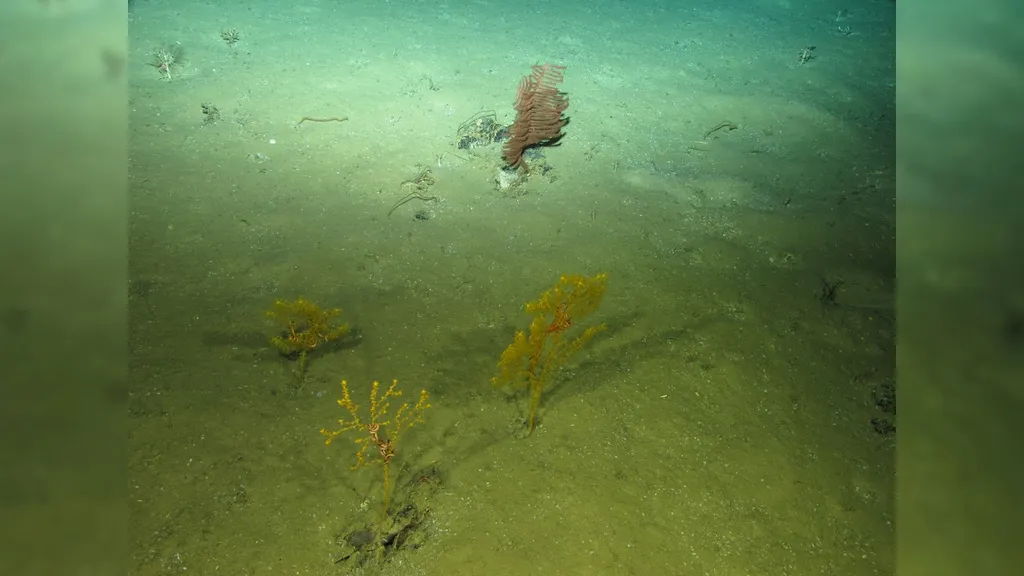
The deep-ocean floor is teeming with undiscovered life-forms that help to regulate Earth’s climate, a new study finds.

Once, there were giants. Mountain ranges that rivaled the Himalayas in height used to stretch thousands upon thousands of kilometers across the seams of merging supercontinents, billions of years in the past.
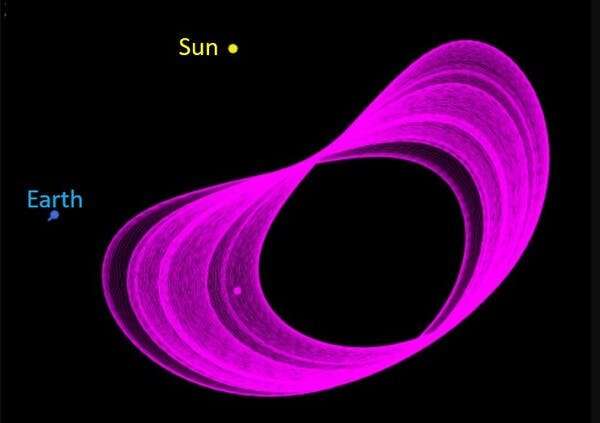
Research has shown that the Earth trails an asteroid barely a kilometer across in its orbit about the Sun—only the second such body to have ever been spotted. It goes round the Sun on average two months ahead of the Earth, dancing around in front like an excited herald of our coming.
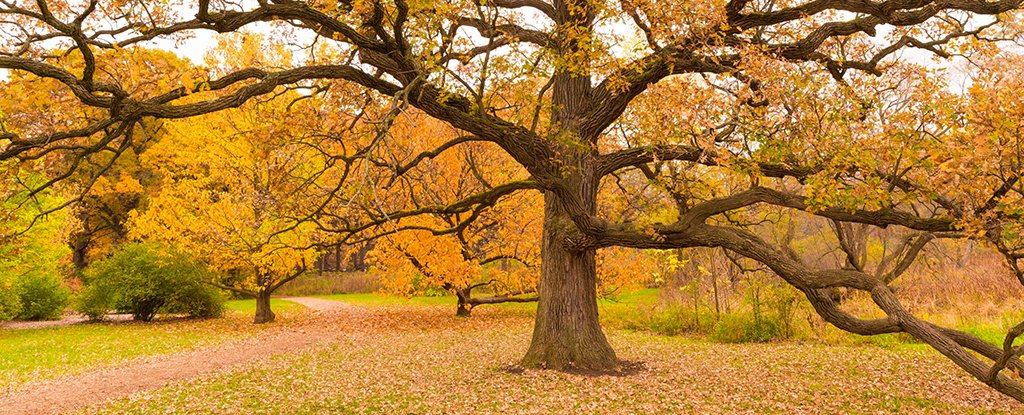
The venerable elders of a forest are hugely important to the diversity, fitness, and survival of the woodland as a whole, new research shows – and they bring with them a hardiness and experience in dealing with change, as well as a lifetime of ecological interactions preserved in their immediate surrounds..
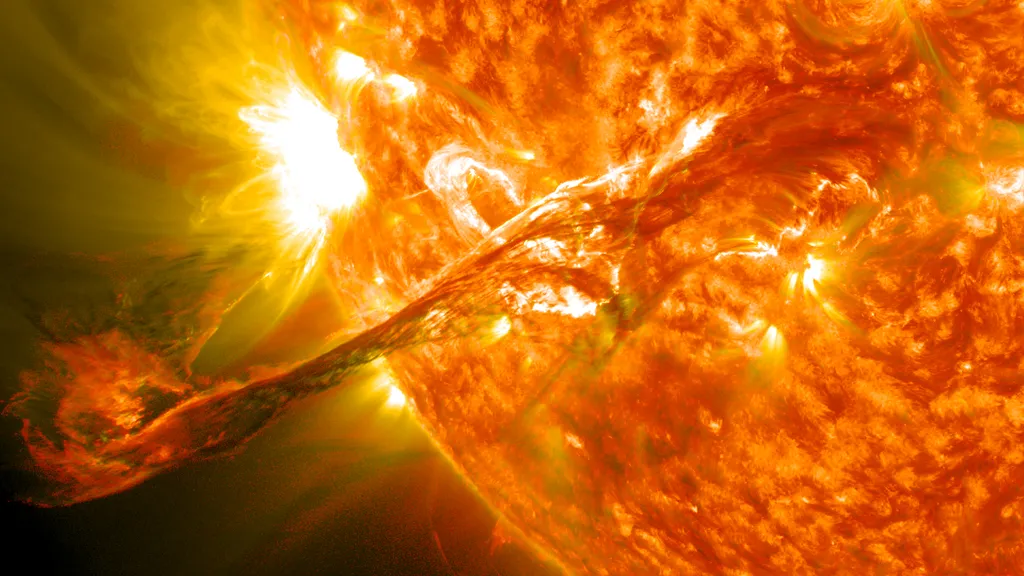
An extremely powerful solar storm pummeled our planet 9,200 years ago, leaving permanent scars on the ice buried deep below Greenland and Antarctica.

For decades, scientists thought that being more carnivorous set our ancestors along their evolutionary path. New evidence casts doubt on this theory.
Image from Venison Steaks (Wiki Commons)
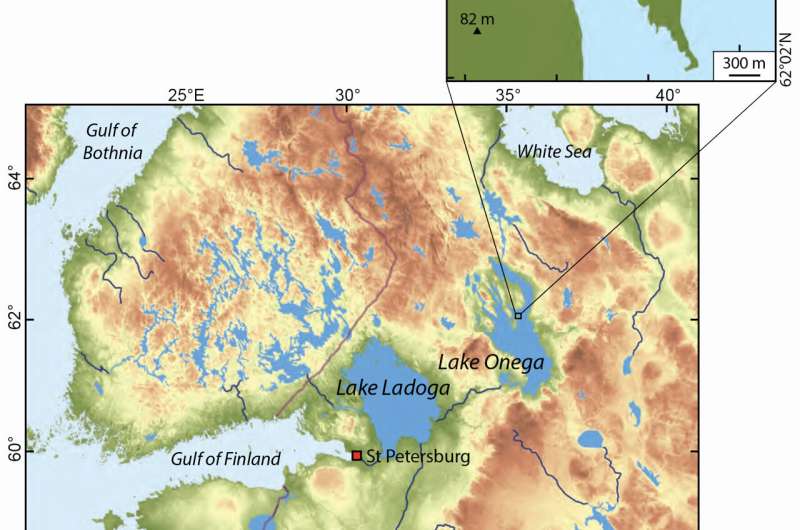
New insight into how our early ancestors dealt with major shifts in climate is revealed in research, published today in Nature Ecology & Evolution, by an international team, led by Professor Rick Schulting from Oxford University’s School of Archaeology.
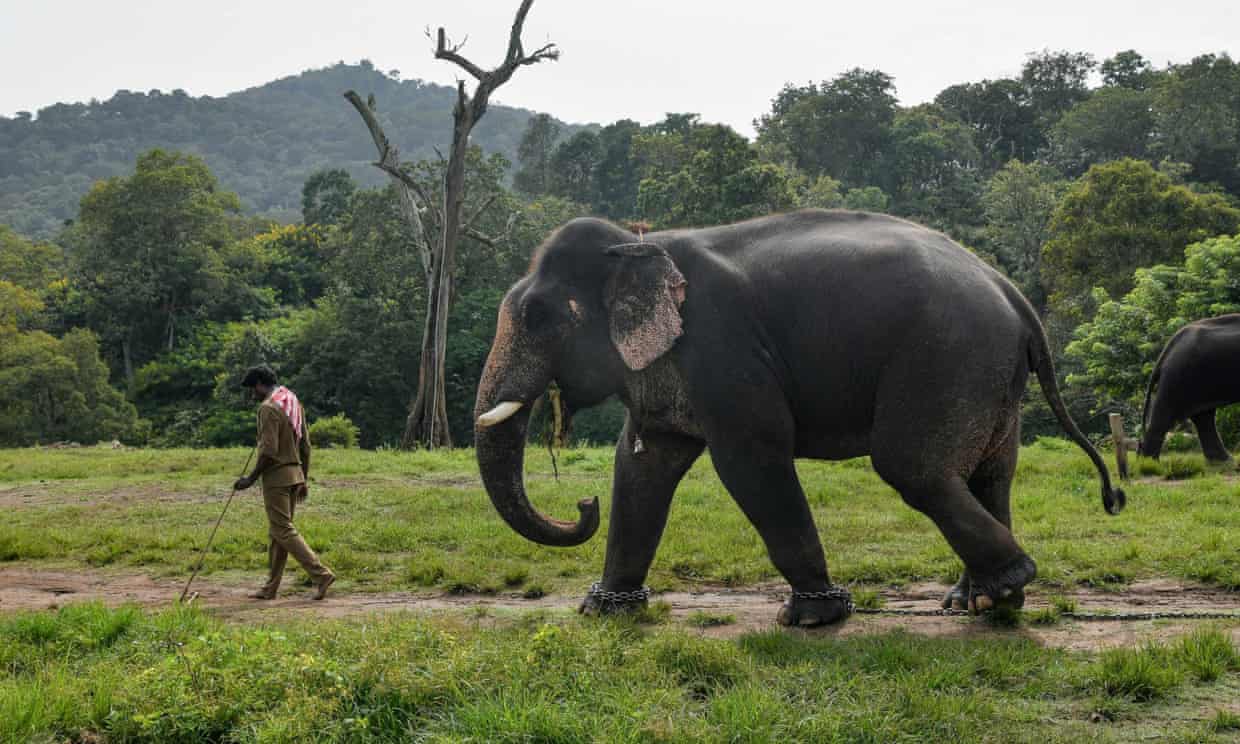
For about 2,000 years most humans have imagined themselves to be the Earth’s “apex predators” – smarter, faster and more deadly than any other creature with which we share the planet.
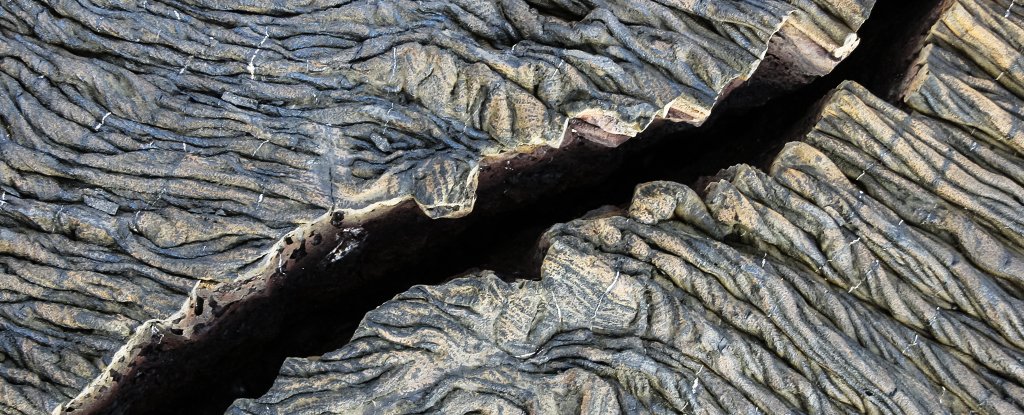
Earth is far from a solid mass of rock. The outer layer of our planet – known as the lithosphere – is made up of more than 20 tectonic plates…
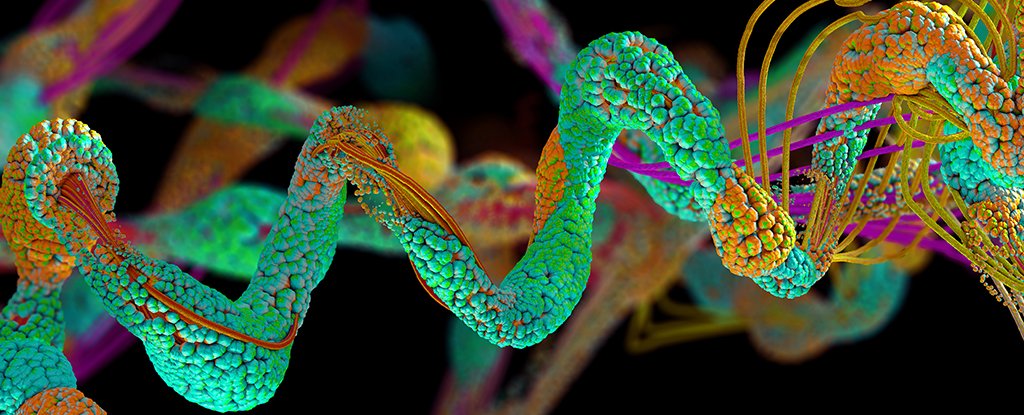
The question of how life first sparked into existence on our planet is one we haven’t yet fully answered, but science is getting closer all the time – and a new study identifies the structures of the proteins that may well have made it happen
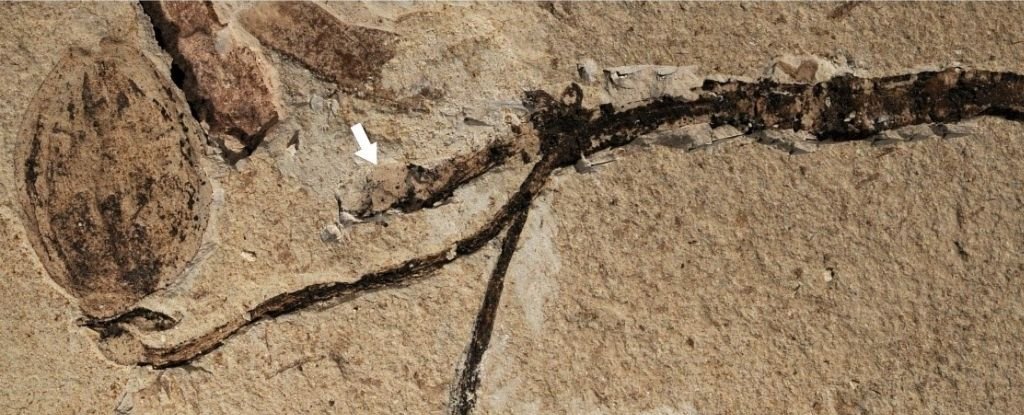
Scientists in China say they have found the oldest flower bud in the fossil record, finally aligning the fossil evidence with the genetic data suggesting flowering plants, or angiosperms, evolved tens of millions of years earlier than we initially thought.
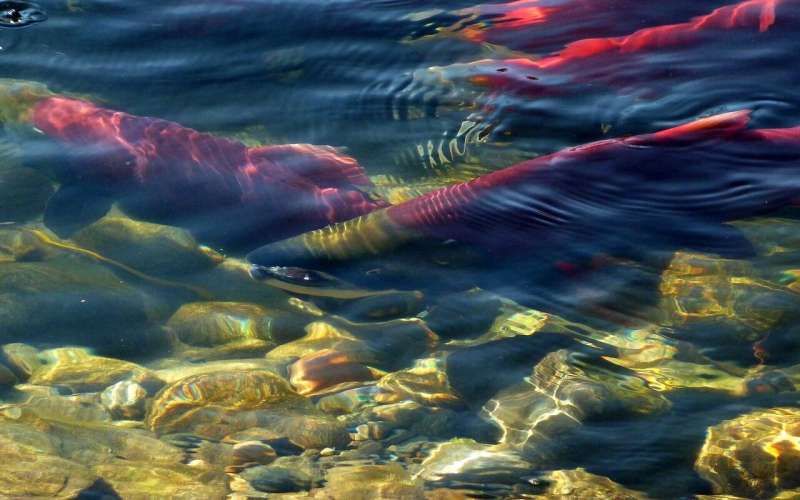
It’s widely understood that animals such as salmon, butterflies and birds have an innate magnetic sense, allowing them to use the Earth’s magnetic field for navigation to places such as feeding and breeding grounds.
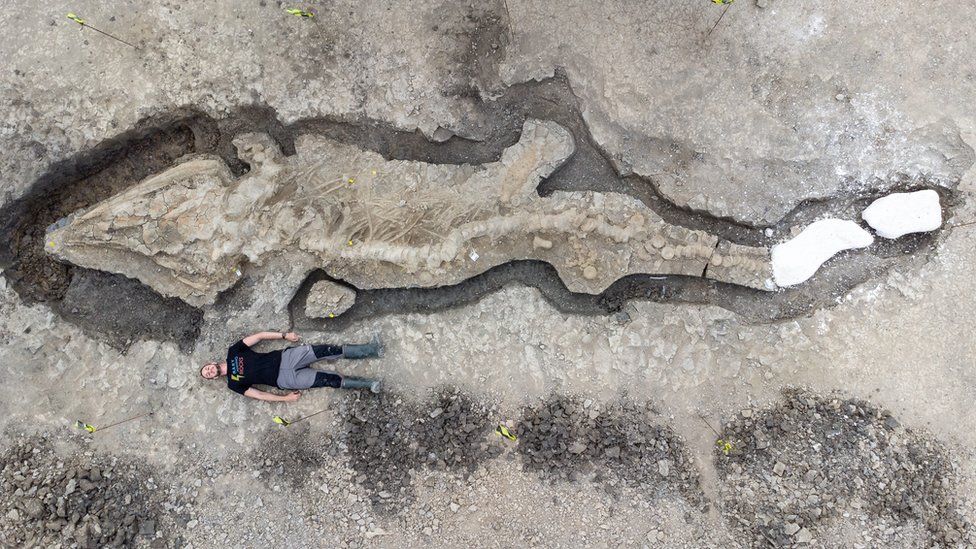
“I rang up the county council and I said I think I’ve found a dinosaur,” explained Joe Davis, who works at Rutland Water Nature Reserve.








